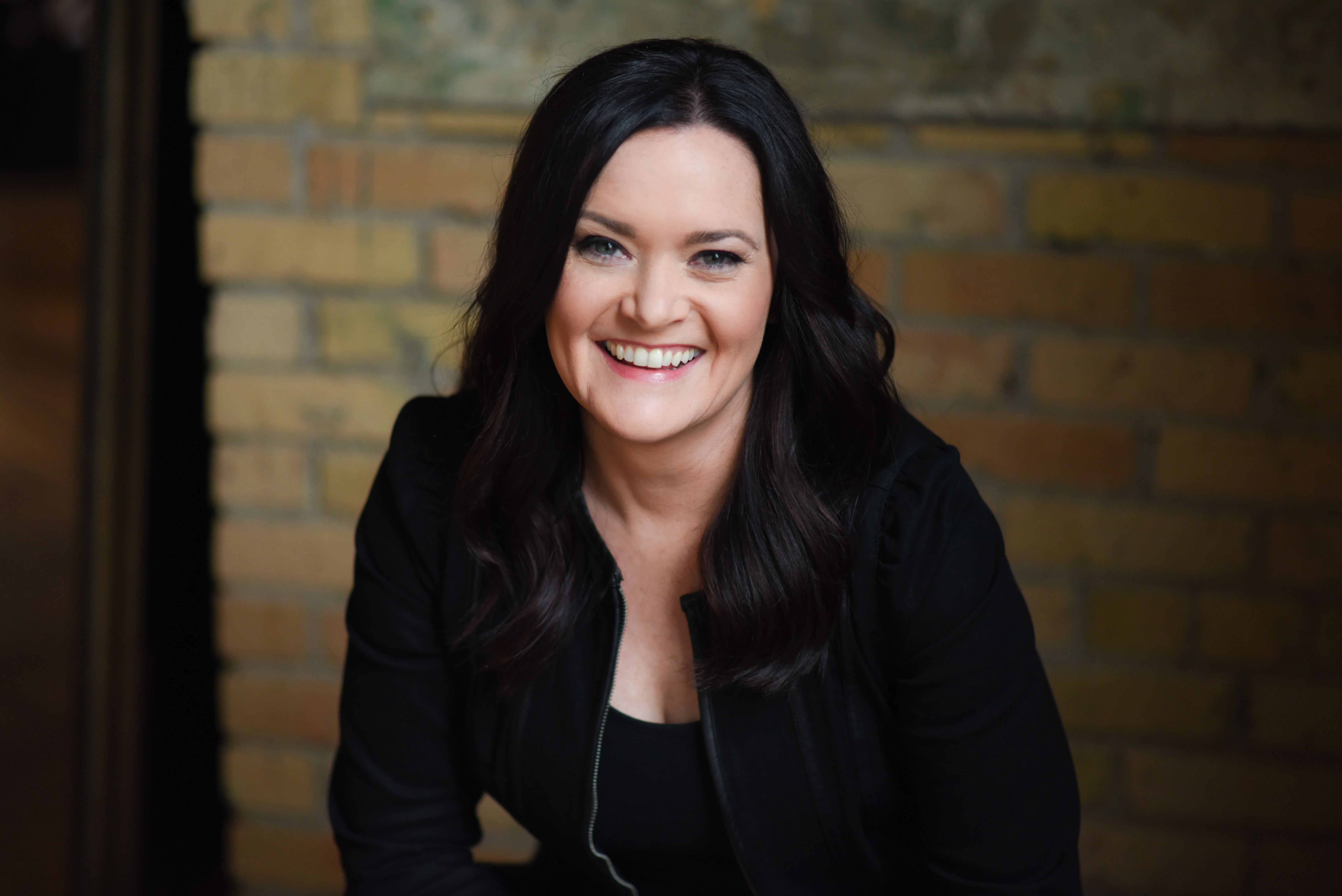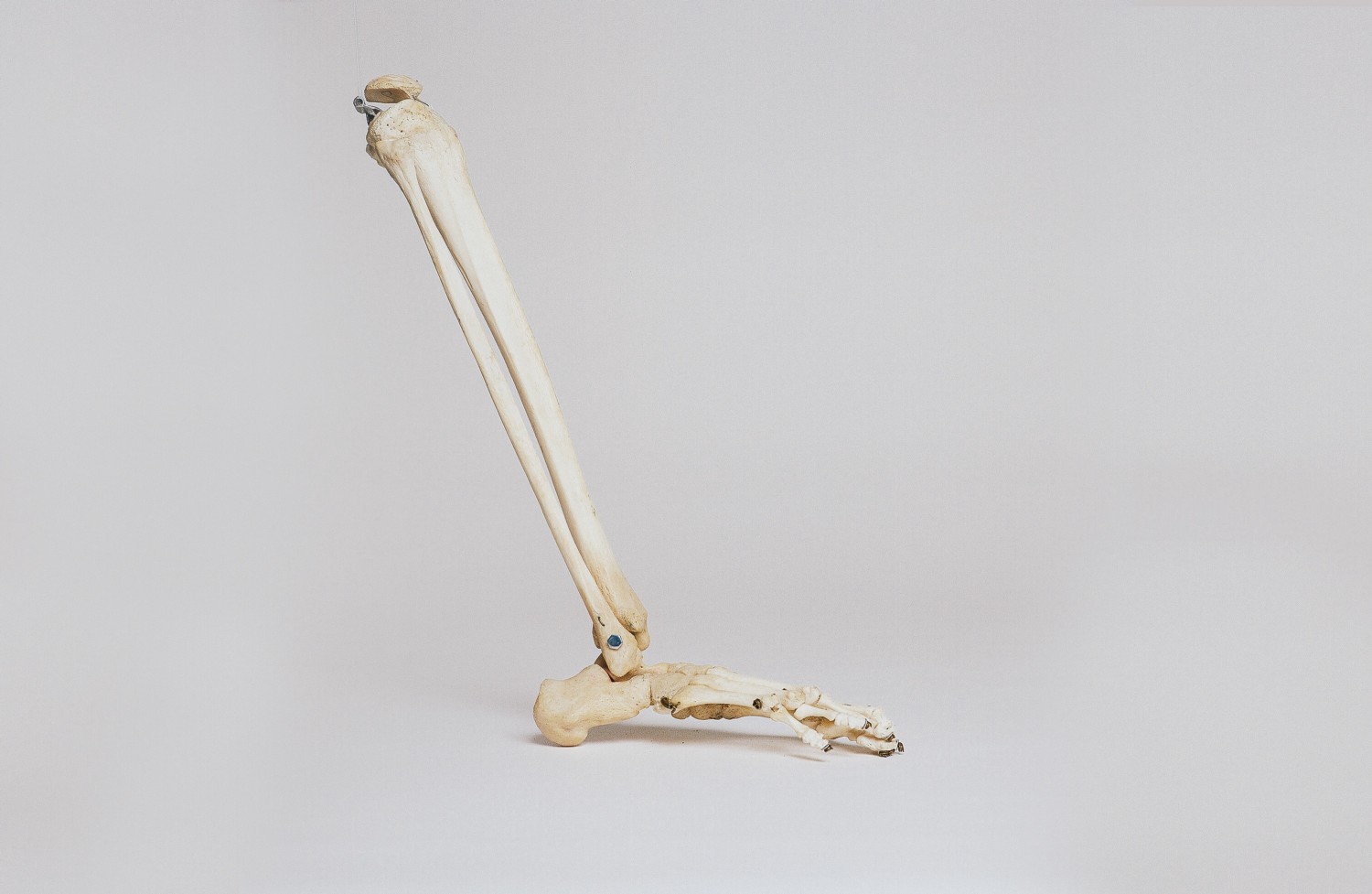I decided to return to ice skating after a 20 year hiatus
and it was kinda like riding a bicycle…
I moved cautiously at first —
it felt somewhat natural and familiar
as I attempted my first few strides on the ice.
But instead of everything falling in to place…
everything fell apart.
I slipped.
Despite going very slowly
while nearing the last corner
on my very first lap around the indoor rink.
I heard a loud crack —
I did not feel any immediate pain.
It came fiercely within the first several minutes.
I was in such fear and shock when we arrived to the ER
I declined the IV for pain meds…
somehow negotiating with the nurse
that I may not need an IV.
Kinda ridiculous to think of now.
I’d never had a major injury or surgery before
and honestly the thought of it terrified me.
Of course when I do something —
even for the first time —
I bring my inner over-achiever out in force.
And this was no different.
The diagnosis…
a pilon {fancy word for spiral} fracture of the tibia
and tri-maleolar break {three pieces broke away in the ankle}.
4 months of hard core recovery…
7 years of ongoing recovery…
100+ patient interactions in my acupuncture practice on this topic…
and numerous chats with family, friends and friends of friends
have led me here.
My perspective on what it really takes to recover fully.
For me, to be the 1 in 10 to make a full recovery —
according to my surgeon…
who presented my case at some fancy conference.
1. Get Help
Clearly not everyone will have the same recovery time —
the injuries vary
and therefore the surgery will vary.
Here’s what I do know…
When you lose the mechanical function of your body
for a period of time…
that takes a toll on your daily ability to contribute.
In my case —
I was in bed, period.
I needed my hubby to carry me to the bathroom…
give me a shower…
administer the shots…
Let alone clean, shop, do the laundry, cook, take care of the kitties
and perform at his 9–5.
You will need help.
Emotionally too.
Don’t expect your caregiver to be your one and only
in all these areas for you…
The trauma is happening to them as well.
Hire a housekeeper.
Ask family to bring food {not just for the first few days}.
Reach out to cry it out with friends.
Ask for help.
And keep getting help beyond day 7.
2. Treat the Scars
After clinically seeing patients in my acupuncture practice
over several years…
it came to my attention
scars are too often overlooked post surgery.
And as a result…
longer term issues may surface.
As an example…
It is possible your full range of motion
may become permanenetly limited
by the build up of scar tissue in the region.
Or chronic pain may surface.
Here’s my disclaimer —
this my opinion, this is not medical advice.
Use common sense.
That’s what I did.
I immediately began massaging my scars
as soon as I had access to them and it was approved safe by my doctor.
Releasing the skin in the area…
making sure no adhesions were forming…
and honestly
getting in touch with the injury —
initially I felt very disconnected to the injured area.
I’m 100% confident this is why my three incisions are barely visible,
amazingly smooth…
and a big part of the reason my range of motion is nearly 100%.
Thanks to a great surgeon too.
BTW I also used silicone gel pads
acupuncture
and cold laser
on the incision sites.
3. Double Down on Therapy
My surgeon prescribed physical therapy
after the bone healing was well on the way.
and I distinctly remember
asking for the over-achiever plan —
wanting to ensure to do everything possible!
So I went 3 times per week for three months.
I did all the exercises
as prescribed and scheduled.
Plus I had chiropractic adjustments…
cold laser…
ultrasound…
acupuncture…
and herbal medicines.
I did it all.
Not just for the scarring…
I made recovery my full time job.
And then I doubled down.
The actual repair of your bone parts
is truly only the beginning of your healing.
If you’re facing the 1 in 10 scenario like I was
here’s what I can tell you I did differently…
I decided.
From the first post surgical visit…
I had it in my mind I would recover fully.
And committed.
4. Consider the Whole Self
Honestly, I didn’t just have an injury to my bones —
I had a major surgery that landed me 40 pounds lighter.
You read that correctly.
Laid up and in bed, no exercise and I lost 40 pounds.
Surgery can be hard on the body…
I came out with a very unhappy gut
that was extremely sensitive
and required it’s own level of care.
Not to mention, right after surgery I cried uncontrollably.
I was detoxing the chemicals.
It’s common…
except I didn’t know about it.
I felt disconnected from my injury too —
which I already mentioned.
And these are only a few examples.
So here’s the point.
Surgery is a trauma to your whole self.
Thank goodness the surgeon
was able to fix the mechanics…
I just want to ensure you don’t overlook
the other ways in which you may need
additional healing.
Consider your whole self
in your recovery plan.
5. Never Lose Focus
You know the saying hindsight is 20/20 —
well this is one area I would really love to do over…
after all the effort
to recover fully
I neglected to keep it going.
At some point you do get sick
of nursing your injuries so to speak.
So when I was walking…
and feeling like my old self —
about one year post surgery…
I did not continue to invest
and this was a mistake.
Over time I developed an uneven gate {walking pattern}
and a curve in my lower spine.
I made excuses for why
I wasn’t able to move my body on a regular basis.
I had committed to a full recovery
but I did not continue to commit.
Note: these types of injuries are forever.
Eventually I found myself with chronic
and excruciating back pain.
Waking nightly…
becoming sleep deprived…
possibly due to this trauma
or others…
So back to deciding…
this time on not only to recover
but to never lose focus.
Chiropractic, massage, EFT Tapping
and lots of Bikram yoga later…
I’m stronger than ever.
Pain free.
And my next goal is to run a mile
for the first time in almost ten years.
Originally published at medium.com


